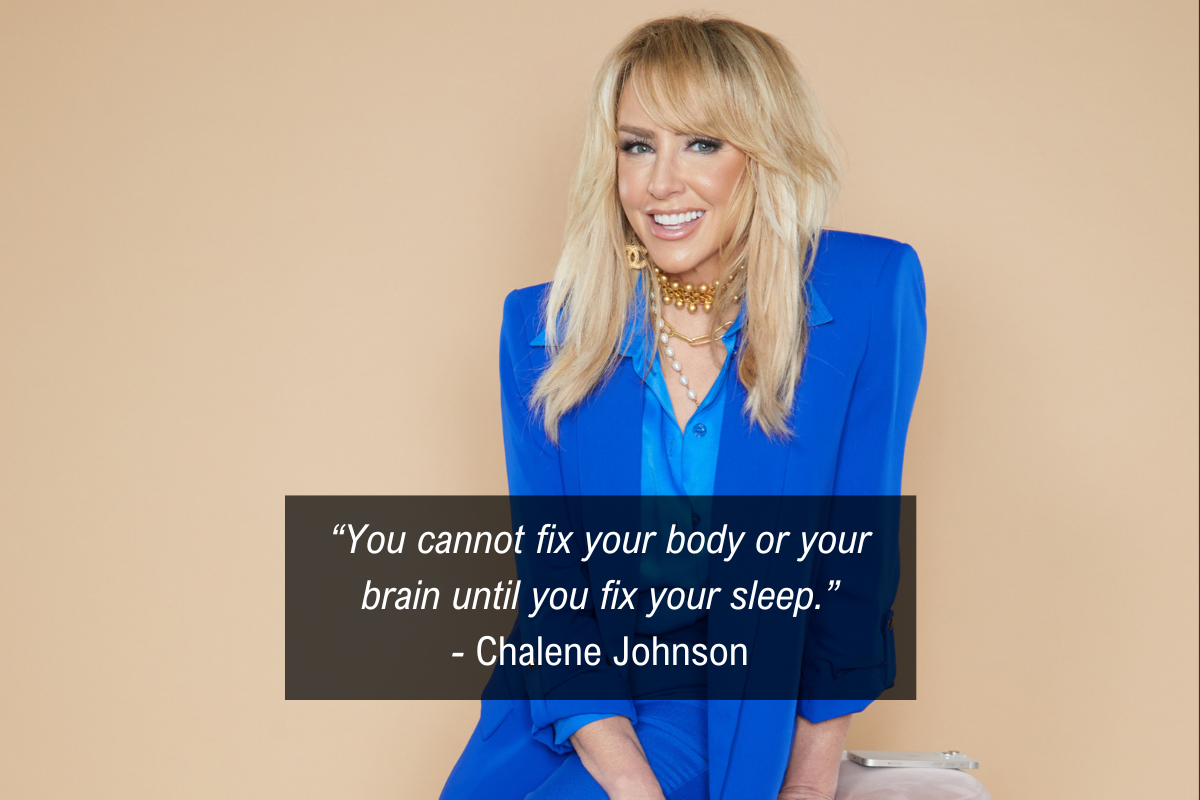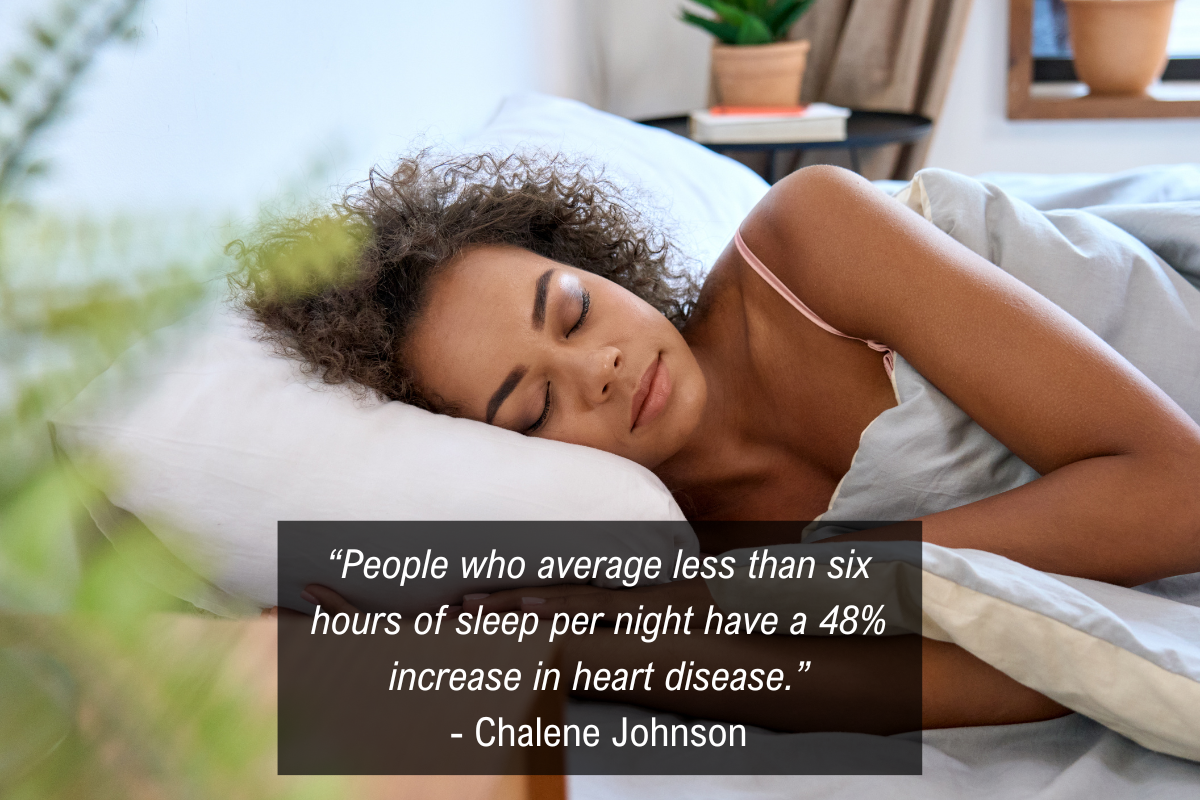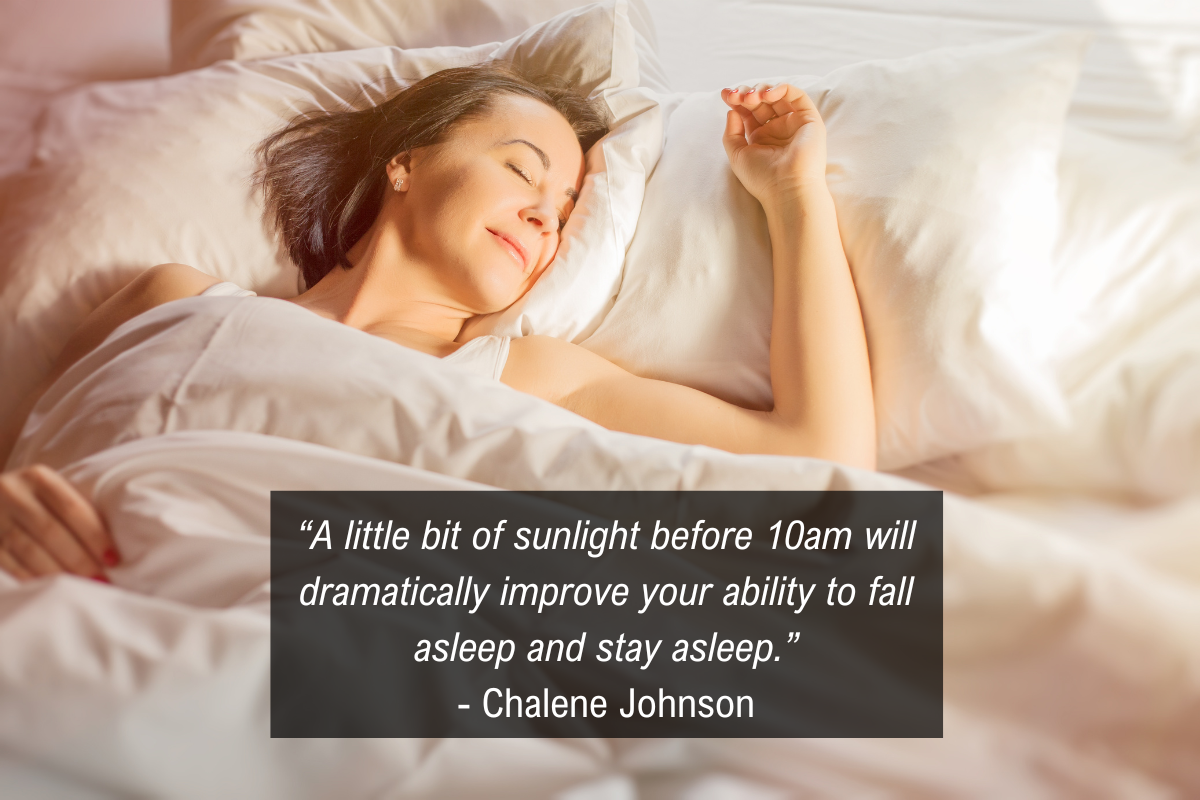Tough negotiations, endless meetings, and juggling life’s curveballs may have you tossing and turning. It’s not just you; one-third of adults are in the same boat, navigating the choppy waters of sleep deprivation. It’s a modern malady affecting our body and brain in ways we’re just beginning to understand.
With personal trials that led to a diagnosis of inattentive ADHD, I’ve lived the consequences of overlooking sleep’s role. But there’s hope and strategies at hand—from the simple act of mouth taping to the soothing symphony of white and brown noise. I’ll take you through a journey of transformation, sharing not just my challenges but also the brain scans that marked a turnaround.
It’s time we all paid heed to the nightly ritual that keeps our body in balance and our brain in check. Let’s explore how sleep—or the lack of it—can reshape our health, and how we can reclaim the night for our well-being.
The Impact of Sleep on the Body and Mind
Navigating the complexities of sleep, the body, and the brain has become a personal crusade of mine. Alarming indeed is the revelation that a whopping 35% of individuals battle with chronic sleep deprivation. This stark figure, coupled with my own skirmish with inattentive ADHD—fueled by a neglect of proper rest—has painted for me a stark image of the essential role sleep plays in our overall health.

The Silent Perils of Sleep Neglect
The risks associated with insufficient sleep are numerous and grave. Skimping on shut-eye can escalate the likelihood of developing severe health issues such as Alzheimer’s, heart disease, diabetes, and even certain cancers. Delving into this, I learned that averaging less than six hours of sleep nightly spikes the risk of heart disease by a startling 48%. The domino effect of sleep deprivation is real; it raises cortisol levels, which in turn disrupt the delicate balance of ghrelin and leptin—the hormones that reign over our weight and metabolism. This hormonal havoc results in an insatiable craving for carbohydrates and extra calories when we’re sleep-deprived.

Brain Function and the Sleep Equation
Moving to the cerebral sphere, the absence of adequate sleep wreaks havoc on the brain. Sleep serves as the brain’s cleansing cycle, and without it, toxins accumulate alarmingly. A personal anecdote underscores this; at 45, fearing a brain tumor due to cognitive malfunctions, I had a brain scan that revealed significant toxicity. The culprit? Chronic sleep deprivation. The good news is that with a commitment to improved sleep patterns, a subsequent scan demonstrated remarkable recovery. I essentially rebooted my brain by resetting my sleep.
Transformative Sleep Solutions
Turning the tide on poor sleep isn’t just about knowing what to do; it’s about taking actionable, consistent steps toward better sleep hygiene.
Crafting the Optimal Sleep Environment
Let’s start with the sleep environment—aim for a cooler room, somewhere around 65 degrees or lower, to help the body slip into slumber more effortlessly.
The Quest for Darkness
Total darkness is paramount. Utilizing blackout curtains and window films can prevent even the slightest bit of light from disturbing your circadian rhythm.
The Art of Nasal Breathing
An unusual yet effective tactic is mouth taping. This technique nudges you towards nasal breathing, which is conducive to deeper, more restorative sleep.
The Sound of Silence
Integrating white or brown noise through various apps or fans can help mask interruptive noises, promoting a more peaceful sleep environment.
Sleep Journaling: Unloading Your Mind
Jotting down thoughts in a journal and tasks enables your mind to settle, freeing it from the burden of rumination as you attempt to drift off.
Choosing Natural Sleep Aids
Natural sleep supplements like magnesium or melatonin can serve as gentler alternatives to prescription sleep medications, supporting your journey to better rest.
The Hour of Disconnection
Adopt the ‘Power Down Hour’—ceasing all interaction with screens and social media to allow your mind to unwind before sleep.
Creating a Sleep Sanctuary
Treat your bedroom as a temple dedicated solely to rest, enhancing its tranquility and purpose.
The Power of Sleep Tracking
Employ a sleep tracking device to gauge and improve your sleep quality.
Harnessing Morning Sunlight
Exposure to sunlight, particularly before 10 AM, can be instrumental in syncing your circadian rhythm.
Exercise: The Sleep Enhancer
A body engaged in regular physical activity tends to slip into deeper, more soothing sleep patterns with ease.
Establishing these habits isn’t a sprint; it’s a marathon—a commitment to enduring wellness. The rewards, however, are profound, encompassing enhanced vigor, health, appearance, and even lifespan. And now, I invite you to embrace the transformative power of deep, restorative sleep—may your dreams be as sweet as the health benefits they bring.
Tap Into Your Sleep Wisdom
Ready to dive deeper into the world of optimal sleep and how it revitalizes both body and mind? Make sure to listen to episode #1034 of The Chalene Show, where you’ll discover more sleep strategies that can truly change your life.
Or, if you’re a visual learner, catch the episode on YouTube and join the conversation.
And don’t forget, your path to better sleep can be complemented by the right resources. For your convenience, I’ve arranged special offers just for you:
- Enhance your sleep with breakthrough magnesium supplements at MagBreakthrough, and use the code CHALENE for a 10% discount.
- Seeking deeper tranquility? Visit GetSoul for a 15% automatic discount at checkout.
- Keep your sleep environment pitch-dark with Blackout Stickers and Travel Blackout Shades.
- Embrace the soothing ambiance of Brown Noise for 10 hours straight on Spotify.
Don’t miss the past episodes on the Best Sleep Positions For A Tighter Jawline and the benefits of Mouth Taping.
The journey to blissful sleep and a reinvigorated life is just a click away—embrace it.



